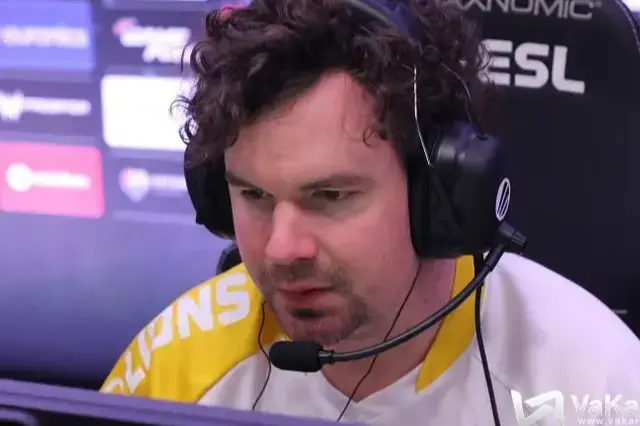
Five Most Famous Cheaters in Counter-Strike
Counter-Strike is renowned for its intense gameplay and strategic depth. However, cheating has persistently cast a shadow over this legacy, challenging the integrity of the sport. Dishonest players have marred the competitive landscape by resorting to cheating for an in-game advantage, leading to scandals that resonate throughout the community. Cheating incidents in Counter-Strike history compromise the fairness of the game and tarnish the reputations of teams and players involved. This article explores some of the most notorious cheating incidents, revealing moments that shook the foundations of the competitive scene.
Notorious cheating incidents
emilio's live VAC ban
A moment that etched itself into Counter-Strike infamy occurred during the FragBite Masters Season 3, when Joel "emilio" Mako, playing for Property against HellRaisers, was suddenly ejected from the game. The reason? A live VAC ban, issued mid-match by Valve's Anti-Cheat system, which detected illicit software on emilio's computer. The incident not only halted the match but also sparked widespread debate about the prevalence of cheating even at professional levels. Following this incident, emilio faced immediate expulsion from Team Property and a permanent ban from all future Fragbite events, casting a long shadow over his career and serving as a cautionary tale within the esports community.
KQLY's fall from grace
The French Counter-Strike scene was rocked when Hovik "KQLY" Tovmassian, a player celebrated for his prowess and a staple in teams alongside legends like Kenny "kennyS" Schrub and Dan "apEX" Madesclaire, was slapped with a VAC ban in 2014. This ban not only questioned the integrity of his past performances but also instigated a ripple effect, prompting the community to suspect other players of foul play. The ban led to KQLY's dismissal from Titan and an indefinite exclusion from Valve-sponsored events. KQLY later admitted to experimenting with cheats in a public apology, revealing that his curiosity had led him astray, ultimately costing him his career in professional Counter-Strike.
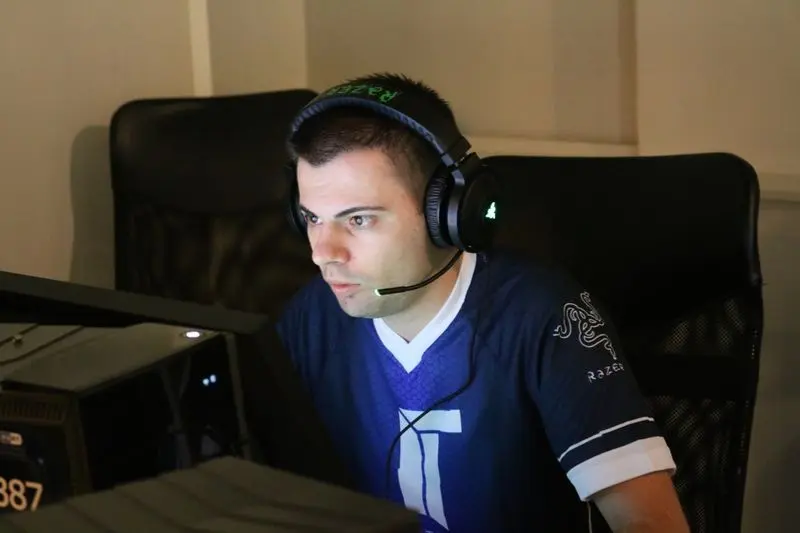
Sf's sudden VAC ban
On the same tumultuous day as KQLY's ban, the community was further shaken by the news of Gordon "Sf" Giry's VAC ban. A member of Epsilon at the time, Sf's ban came as a shock, leading to immediate ramifications for his team, which was disqualified from the imminent DreamHack Winter 2014 tournament. Sf confessed to using cheats in matchmaking, a revelation that led to his swift departure from Epsilon. This incident underscored the ever-present threat of cheating and the importance of integrity at all levels of play.
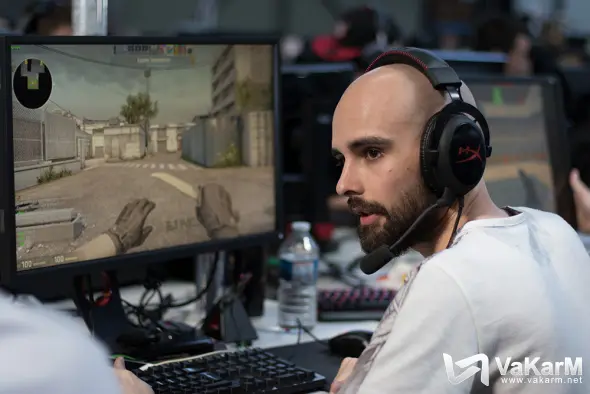
s3mig0d's disqualification
The discovery of a VAC ban on one of Mikhail "s3mig0d" Lakhvich's accounts led to the disqualification of his team, eXplosive, from the StarLadder CIS Minor. This retrospective action by Valve highlighted the long-term consequences of cheating, demonstrating that past indiscretions could come back to haunt players and their teams, affecting their eligibility for major tournaments and casting doubt on the legitimacy of their achievements.
forsaken’s cheating in action
Perhaps one of the most blatant instances of cheating occurred with Nikhil "forsaken" Kumawat of OpTic India during the eXTREMESLAND tournament. Caught red-handed using aim assistance software, the match was halted for investigation, leading to the team's disqualification. This scandal not only ended forsaken's career in disgrace but also prompted a reevaluation of anti-cheat measures at live events, stressing the need for stringent on-site scrutiny to maintain competitive fairness.
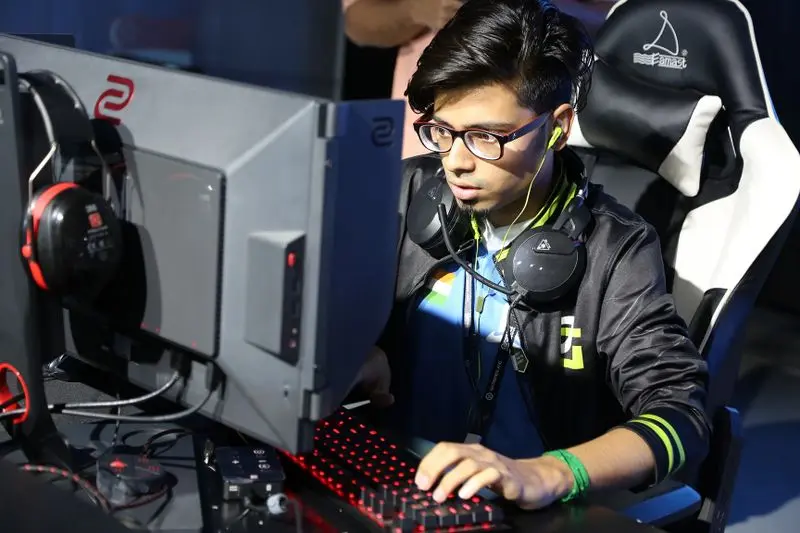
These incidents serve as a sombre reminder of the impact cheating has on the competitive integrity of Counter-Strike. Each scandal not only affected the individuals involved but also cast a shadow over the broader community, reinforcing the need for vigilance and robust anti-cheat measures in esports.
The coach bug scandal
In addition to individual cheaters, the competitive Counter-Strike scene was shaken by the widespread exploitation of a game mechanic known as the "Coach Bug." This exploit allowed team coaches, who were supposed to provide strategic guidance from a spectator's perspective, to fix their in-game camera at any position on the map. This unfair advantage enabled them to gather and relay crucial information about opponents' positions and strategies to their team in real-time. The scandal reached its peak when evidence surfaced that Nicolai “HUNDEN” Petersen, among others, had used this exploit to gain an edge in matches.
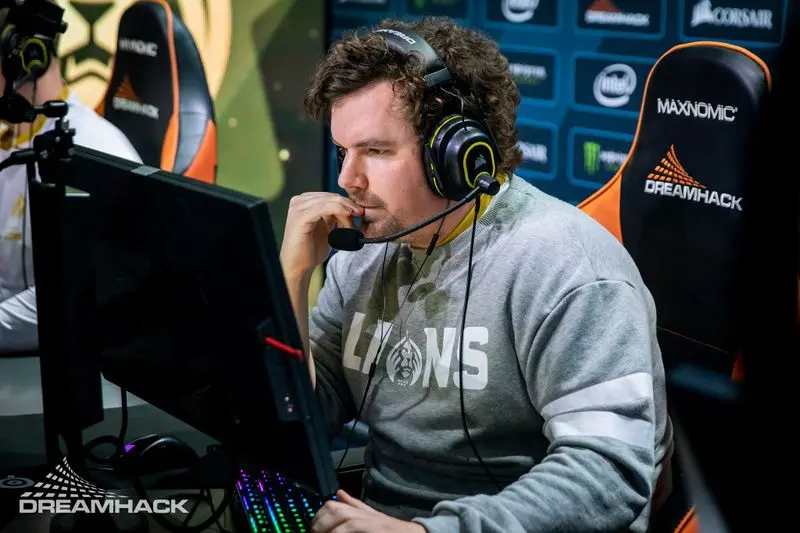
The Esports Integrity Commission (ESIC) launched an extensive investigation, leading to the suspension of numerous coaches across various teams. The duration of these suspensions varied, with some receiving bans of up to 36 months based on the frequency and context of the exploit's use. This scandal highlighted significant vulnerabilities within the game's spectator mode and prompted a reevaluation of the role and oversight of coaches during official matches, pushing for stricter regulations and technical safeguards to prevent similar incidents.
Conclusion
Cheating in Counter-Strike is a significant problem, ranging from individual players using illicit software to widespread exploitation of game bugs by coaching staff. These incidents highlight the ongoing battle for integrity within the esports domain. Such scandals not only undermine the competitive spirit of the game but also erode the trust and respect that form the cornerstone of the esports community. This text serves as a reminder that players, organizers, and developers must remain vigilant to protect the integrity of competitive play.
The Counter-Strike community should prioritize transparency, fairness, and accountability to ensure that the game's legacy is defined by skill, strategy, and sportsmanship, which have made it a cornerstone of competitive gaming. To ensure that Counter-Strike remains a beloved and respected esport for generations to come, it is important to adapt the measures to protect its integrity as the scene evolves.
Article info
Article
Related articles













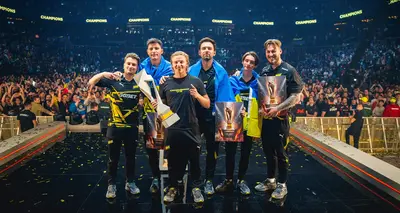
Comments